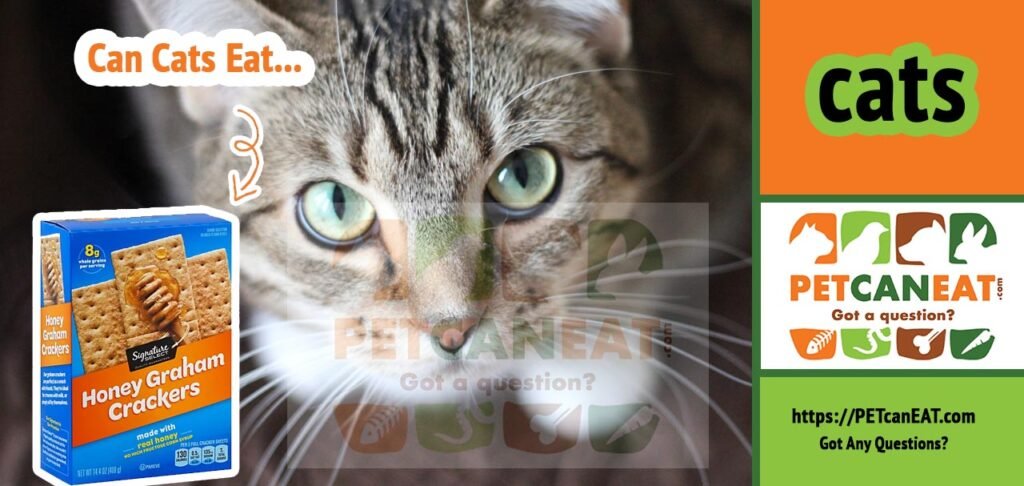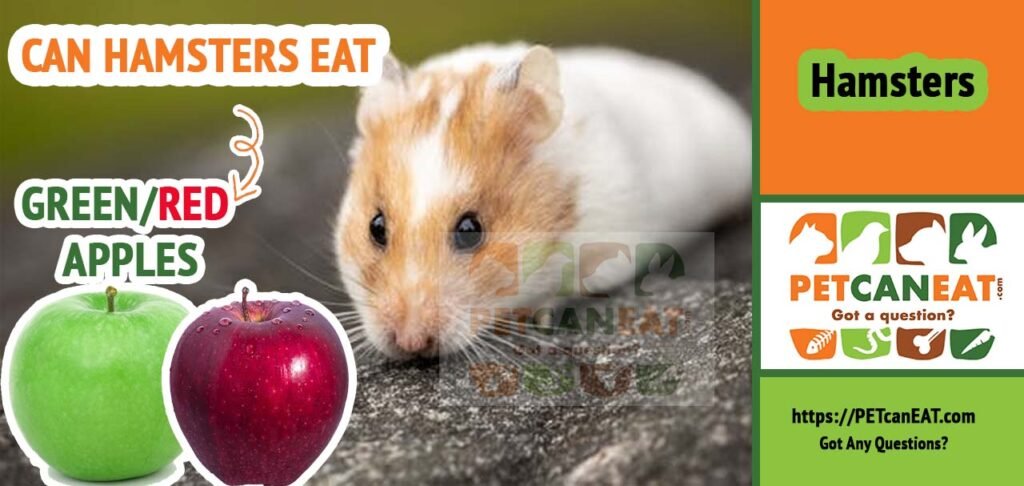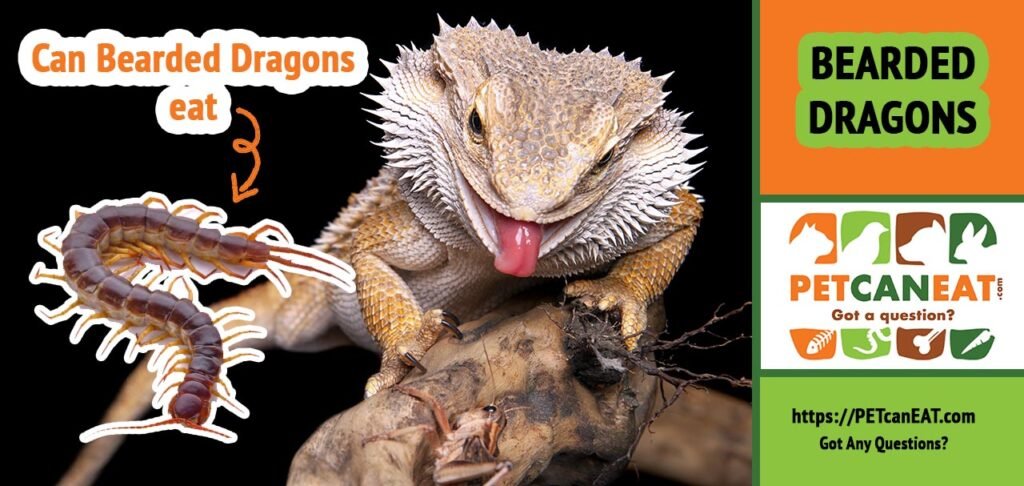Cats are the most curious animals that humans have ever known. That’s why curiosity killed the cat, but then again, cats have nine lives; enough lives to try out different human foods, however, can cats eat Graham crackers?

Can cats eat graham crackers?
We know cats are the master of their home, and they want a taste of whatever food comes around. For example, you may be eating a whole wheat cookie for example graham crackers; Suddenly, your feline friend starts meowing and demands his cat-share of the food.
As a pet owner, you know that veterinarians typically discourage offering human food to our furry friends. However, cats can be very stubborn, especially when it comes to begging (demanding) people for food.
So, her constant meowing would most like get the better of you, and you finally succumb and decide to give your feline friend some. But can cats eat graham crackers?
Yes, cats can eat Graham crackers, but they are not recommended.
While your feline friend will not die from eating graham crackers, there may be long-term health effects associated with cats eating munching on them frequently.
This is primarily because these cookies are often prepared using ingredients that may not suit your cat’s digestive system.
In addition, considering that cats are dedicated carnivores, there is little to no nutritional benefit to your cat eating graham crackers.
Can cats eat Graham crackers? History of Graham crackers
Chances are, you’ve probably heard of Sylvester Graham, the famous outspoken advocate of temperance in the 19th century, some of our team members at petcaneat.com didn’t.
According to Sylvester Graham, God intended man to seek the least amount of pleasure and excitement.
This includes, among other things, the addition of a vegetarian diet based on bread made from home-milled coarse wheat; this is where Grahamism was born.
Sylvester Graham’s doctrine of minimalism was prevalent during the cholera pandemic of 1829 to 1851. Graham crackers emerged out of Graham’s relentless pursuit of moderation.
Graham crackers, also known as graham wafers, refer to sugar-sweetened cookies made with graham flour.
The most common sweetened ingredients include honey and cinnamon. Graham crackers were created by followers of Sylvester’s Graham doctrine and are also known as Graham pies.
The following are the nutritional elements per 14 grams of graham crackers.
- Carbohydrates – 11 grams
- Protein – 1 gram
- Fat – 1.4 grams
- Calories – 59
- Sodium – 67 mg
- Potassium – 19 mg
Can cats eat Graham crackers – is it suitable
To fully understand the potential risks of Graham crackers for cats, we’ll cover the most popular ingredients and learn how each can affect your cat’s health.
Whole-wheat flour
Graham flour is coarsely ground household wheat. For humans, it is one of the most nutritious forms of wheat flour. But can the same be said for our furry friends? Absolutely not.
Whole wheat flour is not directly harmful to cats, and it has virtually no nutritional benefit to them. Remember, cats are dedicated carnivores. As such, they rely almost entirely on an animal protein diet.
In terms of nutritional requirements, cats need a higher percentage of animal protein, followed by fat and carbohydrates.
While whole wheat flour contains some protein, it is a plant-based protein and is not suitable for handling the same as your cat’s stomach.
In addition, flour is relatively high in carbohydrates. As we just pointed out, carbohydrates should be the least of your cat’s dietary needs.
Another potential risk of providing Graham flour to cats is that the flour contains gluten, which can be a significant problem for gluten-intolerant cats.
Sweeteners
The original intent was to use natural and unrefined sweeteners (such as raw honey and cinnamon) to flavor Graham crackers.
Honey is very good for cats. It promotes digestion and relieves allergies. So, can cats eat honey Graham crackers? Yes, as long as you offer your cat honey-flavored Graham crackers in moderation.
Cinnamon is also usually safe, provided the cat does not consume large amounts of cinnamon essential oil, which is typically the case.
However, modern whole wheat cookies often contain other sweeteners such as sugar, chocolate, or xylitol, all of which can be toxic to cats.
Whether artificial or natural, sugar is a significant risk factor for diabetes, heart, and cardiovascular disease. Therefore, you should avoid feeding sugar-flavored graham cookies to your cat, especially if it is diabetic. Sugar has also been found to cause tooth decay in cats.
Fat
The most significant risk of feeding your cat a high-fat diet is obesity and weight-related disease. Excess fat in a cat’s diet may also have a laxative effect, which may have another adverse effect: diarrhea and dehydration.
Salt
Salt is the most popular and naturally occurring condiment, and Graham crackers are often loaded with it. Sadly, salt is another food that cats should not consume.
It takes just a small amount of salt to cause salt poisoning in cats. In cats, salt poisoning manifests as nausea and vomiting, diarrhea and dehydration, loss of appetite, thirst and frequent urination, lethargy, and incoordination.
If left untreated, the cat’s condition may deteriorate into seizures, tremors, coma, and eventually death. If you must provide your cat with whole wheat cookies, be sure to regulate the salt content of the cookies.
Can cats eat goldfish crackers?
Yes, cats can eat goldfish crackers. However, as with many other ingredients found in crackers, goldfish crackers have minimal nutritional value for your cat. If you can, avoid them altogether.
Can cats eat Ritz crackers?
Just like goldfish crackers, your feline friend can eat Ritz crackers, so there should be no immediate cause for alarm. However, nutritionally speaking, cats are better off without Ritz crackers.
Can cats eat Teddy Grahams?
The bottom line is that most questions regarding pet feed focus on nutritional value, the safety of ingredients, and moderation.
You can feed your cat Teddy Grahams in moderation, provided it doesn’t contain any ingredients that are toxic to cats. But if you can find a healthier, more nutritious alternative to Teddy Grahams, it’s even better for your cat.
Can kittens eat whole grain crackers?
One of the questions cat owners often ask is, “My kitten ate a whole grain cookie; will she die?” While your kitten may not die immediately from eating a whole grain cookie, keep in mind that kittens have more sensitive stomachs than adult cats.
Therefore, your best bet is to avoid offering any graham crackers to your kitten.
Can cats die from eating whole wheat crackers?
No, cats do not die from graham crackers, at least not immediately. However, as we have repeatedly stressed, some common ingredients in whole wheat crackers may pose a severe risk to your cat.






